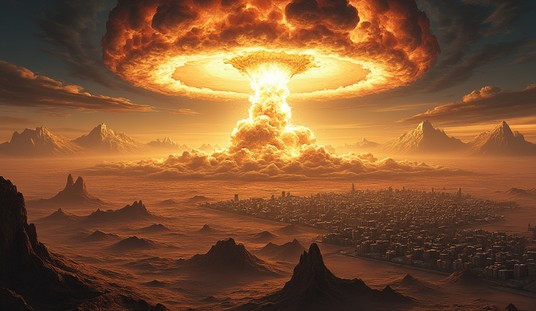Today, Israel marks its 69th Independence Day. The country is a success beyond what anyone could have dreamed when independence was declared on May 14, 1948. (Today is May 2; Israeli holidays are guided by the Hebrew calendar.)
Around this time of year, Israel’s Central Bureau of Statistics publishes its annual data. Some of this year’s highlights:
— Israel’s current population of 8.7 million is almost eleven times its population of 800,000 when it was established. Back then, 6 percent of the world’s Jews lived in Israel; now it’s home to 43 percent of world Jewry.
— Since last Independence Day, the country’s overall population — Jews and non-Jews — has grown by 159,000: 174,000 births, 44,000 deaths, 30,000 new immigrants. Estimates show the population will reach 15 million by 2048; by then the Jewish portion of it should, by current trends, constitute a considerable majority of world Jewry.
In 1948, the “ingathering of the exiles” was a Zionist slogan. Today it’s a statistically demonstrable fact.
Since that era, large numbers of Jewish immigrants have come to Israel — particularly from post-Holocaust Europe, the Middle East, the Soviet Union, and the post-Soviet nations. At a time when Western countries’ fertility rates are falling perilously, Israel’s fertility rate keeps growing — and is far beyond that of any other Western country.
Israel’s growth is not, of course, merely quantitative; today it punches far above its weight in a wide range of fields. It was recently ranked the eighth most powerful country in the world. Compared to Israel’s 8.7 million people, the seven countries ranked above it have populations of: United States, 324 million; China, 1.37 billion; Japan, 127 million; Russia, 142 million; Germany, 81 million; India, 1.27 billion; Iran, 83 million.
How does Israel do it? By having incredible capabilities to offer in various domains.
Just some examples: Only the United States and China have more companies listed on the NASDAQ. Last year, a top Google official ranked Israel’s tech sector as second only to Silicon Valley for innovation. Israel also has “one of the highest per capita rates of patents filed” and “the 2nd highest publication of new books per capita.”
In the crucial field of desalination and water management, tiny Israel is the world’s leader. It’s also a “powerhouse in medical innovation.” And it’s a leader in disaster relief; last year the UN – which is generally hostile to Israel — ranked its army’s emergency medical team as “No. 1 in the world.” Israeli agriculture, too, is exceptionally innovative, and feeds a considerable part of the planet’s population.
Because of its circumstances, Israel has had to excel not only in saving and sustaining life but also in protecting it. It has the world’s most technologically advanced army and is “rapidly becoming the world leader” in cybersecurity. The prowess of its intelligence agencies, particularly the Mossad, has an almost mythological status.
When you’re so good at so many things, others want to benefit from it. The past few decades have seen a dramatic increase in the number of countries having diplomatic ties with Israel. From a pariah status in the 1970s, as of last year Israel had diplomatic relations with 158 of the world’s 193 countries. Apart from Arab and Muslim countries that still — at least officially — boycott Israel, that means almost all of the world’s countries.
That trend has included, perhaps most dramatically, rapidly growing ties with the world’s two largest countries, China and India. Both were formerly hostile to Israel, but are now — despite their size — eager to gain from what it can offer.
For all that, the world’s per capita most innovative, productive, beneficent country remains, almost seven decades after its birth, the only country specially marked for annihilation in some quarters.
Whereas decades ago Arab states led the push to eradicate the world’s only Jewish state, today the dubious mantle has passed to the Islamic Republic of Iran and its proxies. Second only to that axis is the worldwide BDS (Boycott, Divestment, and Sanctions) movement, which uses the Goebbels big-lie technique to spread canards about “Israeli Apartheid” and the like — particularly on Western campuses where minds are being formed.
But after almost seven decades at the front line of civilization, danger and hostility are not new to Israel. Despite the pressures, the aggressions, and the losses, Israel ranks — perhaps surprisingly — high in yet another, more subjective domain. This year’s UN Happiness Index ranked Israel 11th in the world; other surveys have placed it in the top 10.
Israel shines its light to the nations from a dark region, and its emergence as an incubator of optimism, vitality, and creativity is one of the great stories of our time.









Join the conversation as a VIP Member